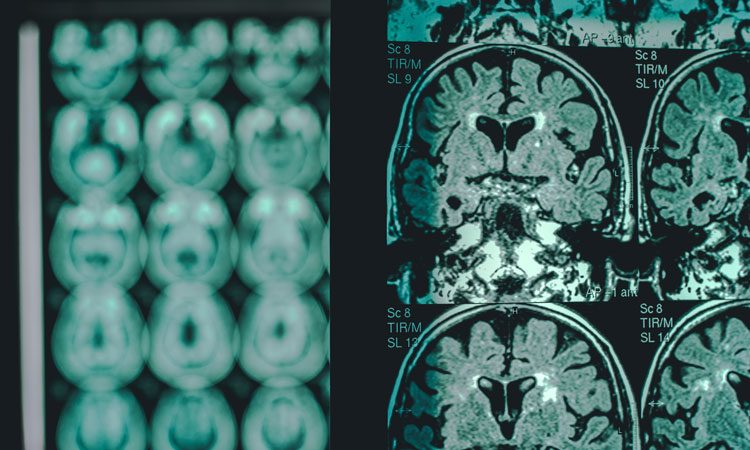Early Alzheimer’s disease treatment meets trial primary endpoints
Posted: 23 October 2019 | Rachael Harper (European Pharmaceutical Review) | No comments yet
Aducanumab, an Alzheimer’s disease treatment, will be submitted as part of a Biologics License Application after meeting clinical trial primary endpoints.


After consulting with the US Food and Drug Administration (FDA), Biogen plans to pursue regulatory approval for aducanumab, an investigational treatment for early Alzheimer’s disease (AD). The company says that it plans to file a Biologics License Application (BLA) in early 2020. The BLA submission will include data from the Phase I/Ib studies as well as the complete set of data from the Phase III studies.
This comes after the Phase III EMERGE Study met its primary endpoint showing a significant reduction in clinical decline and the company believes that results from a subset of patients in the Phase III ENGAGE Study who received sufficient exposure to a high dose of aducanumab support the findings from EMERGE.
Patients who received aducanumab experienced significant benefits on measures of cognition and function such as memory, orientation and language, as well as benefits during activities of daily living.
If approved, aducanumab would become the first therapy to reduce the clinical decline of Alzheimer’s disease and would also be the first therapy to demonstrate that removing amyloid beta resulted in better clinical outcomes.
The decision to file is based on a new analysis, conducted by the pharmaceutical company in consultation with the FDA, of a larger dataset from the Phase III clinical studies that were discontinued in March 2019 following a futility analysis. This new analysis of a larger dataset shows that aducanumab is pharmacologically and clinically active as determined by dose-dependent effects in reducing brain amyloid and in reducing clinical decline.
In both studies, the safety and tolerability profile of aducanumab was consistent with prior studies of aducanumab.
…today’s announcement is truly heartening in the fight against Alzheimer’s”
“With such a devastating disease that affects tens of millions worldwide, today’s announcement is truly heartening in the fight against Alzheimer’s. This is the result of groundbreaking research and is a testament to Biogen’s steadfast determination to follow the science and do the right thing for patients,” said Michel Vounatsos, Chief Executive Officer at Biogen. “We are hopeful about the prospect of offering patients the first therapy to reduce the clinical decline of Alzheimer’s disease and the potential implication of these results for similar approaches targeting amyloid beta.”
Following discussions with the FDA, the company it will also continue dialogue with regulatory authorities in international markets including Europe and Japan.
Related topics
Clinical Trials, Data Analysis, Industry Insight, Regulation & Legislation, Research & Development (R&D)









